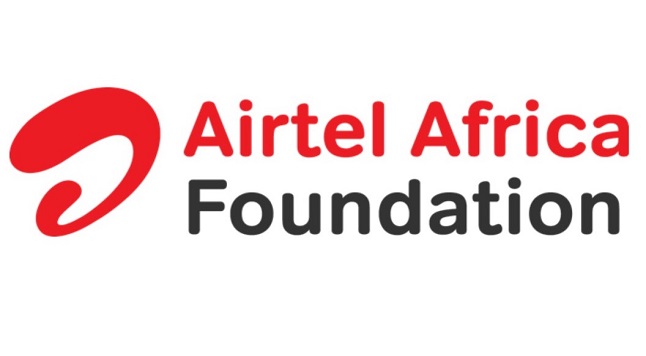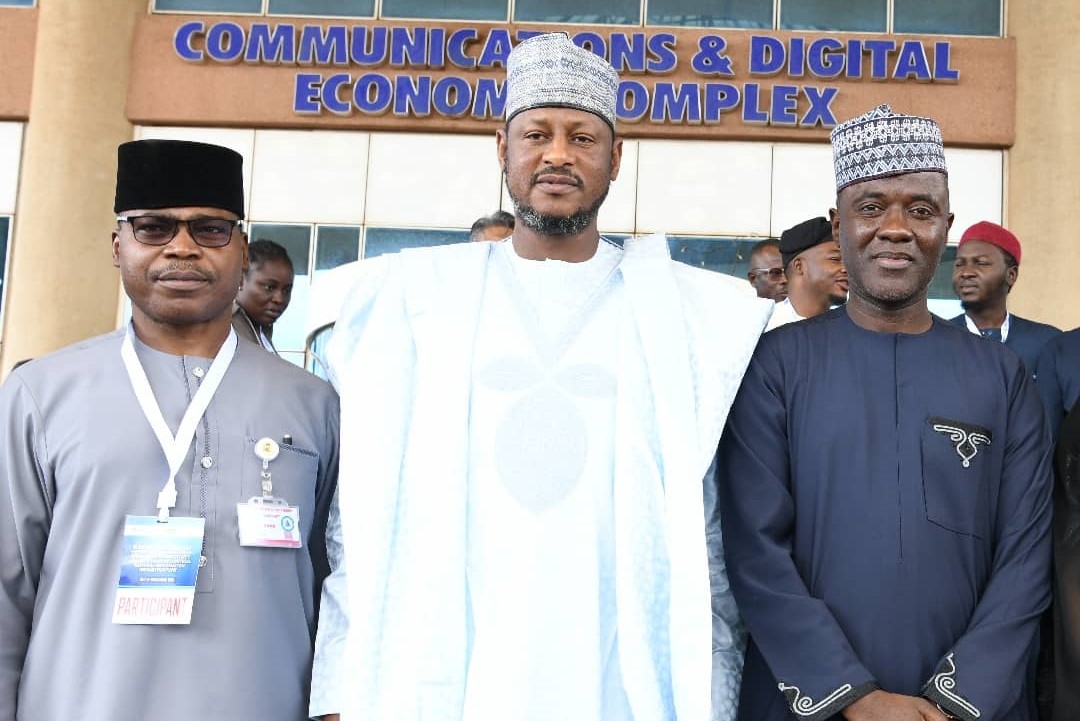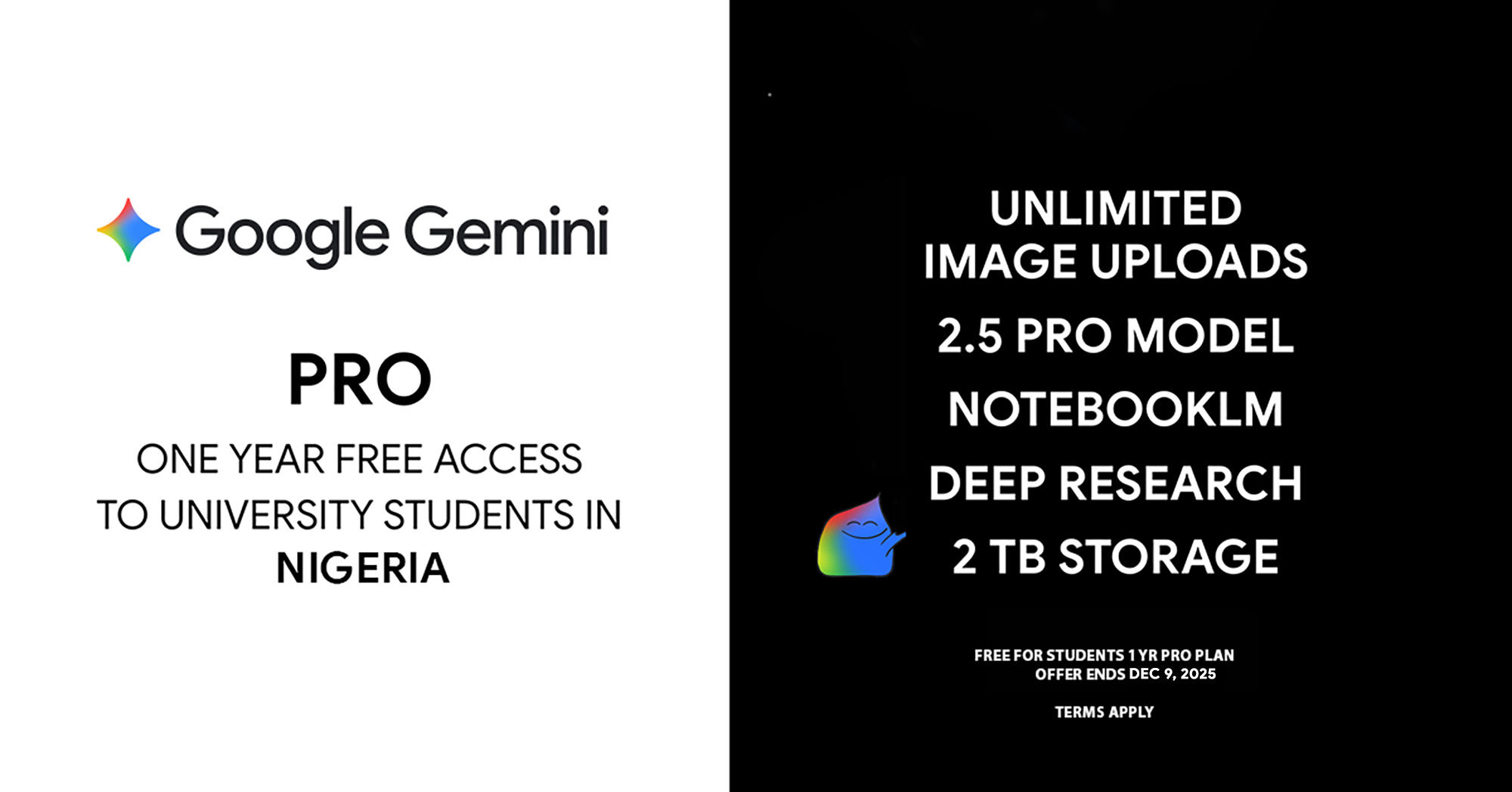Telecom
Liquid Telecom & RBH Agree to Acquire Neotel

On Tuesday, Liquid Telecom, a privately owned Pan-African telecoms group majority owned by Econet Global, announced that it has entered into an agreement to acquire South African communications network operator Neotel.
The shareholders of Neotel –Tata Communications of India and minority shareholders led by Nexus Connexion (Nexus) – have agreed for Liquid Telecom to acquire Neotel for ZAR 6.55bn.
Liquid Telecom is partnering with Royal Bafokeng Holdings (RBH), a South African investment group, which has committed to take a 30% equity stake in Neotel.
The transaction, which is subject to regulatory approvals, is transformative and will create the largest pan-African broadband network.
Through a single access point, businesses across Africa will be able to access 40 000kms of cross-border, metro and access fibre networks. These currently span 12 countries from South Africa to Kenya, with further expansion planned.
Commenting on the transaction, Nic Rudnick, Liquid Telecom CEO, said: “We are excited about this transaction. Leveraging the strengths of Liquid Telecom, RBH and Neotel, we will offer an unprecedented fibre network with a unique set of services and international connectivity for telecom operators and enterprises across sub-Saharan Africa. For the first time, African companies will be able to connect with each other in a cost effective and reliable way, all on a single fibre network. We will also be increasing investments into Neotel to cater for rapidly accelerating mobile and enterprise traffic, enabling us to launch exciting new products and services.”
Albertinah Kekana, Royal Bafokeng Holdings CEO, said: “This transaction is part of our diversification strategy and its focus on infrastructure is in line with our objective to invest in high growth sectors. As a long term investor, we are pleased to be partnering with Liquid Telecom who has a very credible track record in rolling out fibre in challenging and diverse markets. This deal represents our long-term investment approach and our commitment to the African growth story.”
Speaking on behalf of Tata Communications, Neotel’s majority shareholder, Vinod Kumar, MD and CEO, said: “Liquid Telecom is the right partner for the next phase of Neotel’s evolution. Convergence of technologies and services will be the key driver of growth across the globe and this transaction will encourage inclusion and support the growth aspirations of the African continent. We believe that Liquid Telecom will deliver on the vision of a well-connected Africa, which will augur well for the South African telecom industry and Neotel’s customers.”
Nexus, Neotel’s minority shareholder, also welcomed the transaction.
Speaking on behalf of Nexus, Kennedy Memani, said: “We welcome this transaction with Liquid Telecom and RBH. It will see the sale of Neotel to new shareholders who have the vision, expertise and funding to continue to grow the company and to allow it to reach its full potential in South Africa and across the African Continent. We are confident that customers and employees will benefit from the transaction and from the resulting stability and business expansion.”
The transaction is subject to approval by South African regulatory authorities and is expected to be completed later this year.
Liquid Telecom was advised by The Standard Bank of South Africa Limited (lead advisor, mandated lead arranger and global coordinator) and UBS.
Liquid Telecom is a subsidiary of the privately held and diversified telecommunications group Econet Wireless Global.
With over 1000 employees, Liquid Telecom is the leading independent data, voice and Internet provider operating across Eastern, Central and Southern Africa.
It supplies fibre optic, satellite and international carrier services to Africa’s largest mobile network operators, Internet service providers and businesses of all sizes. It also provides payment solutions to financial institutions and retailers, as well as data storage and communication solutions to businesses worldwide.
Econet is also a diversified telecommunications group with operations and investments in Africa, Europe, South America, and the East Asian Pacific Rim.
It offers products and services in the core areas of mobile and fixed telephony services, broadband, satellite, optical fibre, and mobile payments.
Strive Masiyiwa is the founder and Chairman of Econet Wireless, as well as of Liquid Telecom.
He was recognised by Fortune Magazine’s annual “World’s 50 Greatest Leaders” in 2013 at 35 on the list
RBH is a community based investment company and is the primary investment vehicle of the Royal Bafokeng Nation (RBN), a community of approximately 150 000 Setswana-speaking people with substantial minerals-rich land holdings in South Africa’s North West Province.
The Royal Bafokeng Development Trust is the sole shareholder of RBH, whose investment activities are aimed at generating the income required for the funding of sustainable projects that will benefit the Bafokeng community.
RBH has assets spread across the mining, financial services, infrastructure, oil and gas services, and industrial sectors. As at 31 December 2015, RBH net asset value was R32bn.
While Tata Communications Limited (CIN no: L64200MH1986PLC039266) along with its subsidiaries (Tata Communications) is a leading global provider of A New World of Communications™. With a leadership position in emerging markets, Tata Communications leverages its advanced solutions capabilities and domain expertise across its global and pan-India network to deliver managed solutions to multi-national enterprises, service providers and Indian consumers.
The Tata Communications global network includes one of the most advanced and largest submarine cable networks and a Tier-1 IP network with connectivity to more than 240 countries and territories across 400 PoPs, as well as nearly 1 million square feet of data centre and collocation space worldwide.
Neotel, however, offers tailored, innovative solutions based on voice, internet and data services to help large and small businesses and ECS/ECNS licensees to drive down communication costs, increase productivity and gain competitive advantage.
Neotel has rolled out an extensive metro and national long-distance next generation network, powered by a high-performance fibre optic core with availability exceeding 99.999%.
Neotel operates Tier 3 Data Centres in Johannesburg and Cape Town and directly connects the major centres in South Africa to the world via all 5 undersea cables. Neotel offers fresh thinking, a collaborative approach and a willingness to help its customers challenge the status quo. Leveraging its global reach, people and partners, Neotel delivers superior Network and Managed Services through continuous innovation, world-class technology and exceptional customer service. Neotel – because better communication inspires possibilities.
Also mentioned in the acquistion deal is Nexus, a broad-based BEE structure, comprising of the following shareholders amongst others, SADTU and NEHAWU, Nozala, Youth Groups and various other provincial shareholders. It was funded by IDC and DBSA and have been involved with Neotel since inception.
The founder of Nexus Connexion, Kennedy Memani has also served as a Director of Neotel over the duration of investment working side by side with Tata Communications Limited (TCL).
Telecom
Airtel Africa Foundation Launches 100 Tech Scholarships for Nigerian Undergraduates

Following the recent announcement by its Chairman, Dr. Segun Ogunsanya, at a World Press Conference held in Lagos recently, the Airtel Africa Foundation, through Airtel Nigeria, has kicked off its Undergraduate Tech Scholarship Programme to benefit 100 Nigerian undergraduates.

This initiative will provide each recipient with a grant covering tuition, accommodation, study materials, and a stipend from the first year of study through the final year. This financial aid removes economic barriers, empowering students to dedicate their focus to academic and technical achievement in technology.
Eligible courses of study include Computer Science, Information Technology, Data Science, Software Engineering, Cybersecurity, Artificial Intelligence, and other ICT-related disciplines.
Commenting on the initiative, Dr. Ogunsanya affirmed that the scholarships represent the Foundation’s continued commitment to breaking down barriers for young Africans.
“At Airtel Africa Foundation, our vision has always been to create opportunities where talent meets ambition. With this scholarship, we are investing in Nigeria’s future tech leaders, giving them the resources and confidence to thrive in an increasingly digital world,” he stated.
Beneficiaries are selected from 100-level students enrolled in approved programmes in participating public universities across the country. These institutions include the University of Lagos (UNILAG), the University of Nigeria, Nsukka (UNN), Ahmadu Bello University (ABU), the University of Benin (UNIBEN), Obafemi Awolowo University (OAU), the University of Ilorin (UNILORIN), and Tai Solarin University of Education (TASUED).
Airtel Nigeria CEO, Dinesh Balsingh, noted: “The prioritization of education as a pillar of our social investments becomes much stronger with these 100 new scholarships. They build on such other initiatives as our partnership with UNICEF on the Reimagine Education Programme, our Adopt-A-School project, and our 1 billion naira investment in the Three Million Technical Talent (3MTT) effort of the Federal Government. Ultimately, for us as an organisation, the best way to equip the future is to arm it with cutting-edge education.”
The undergraduate scholarship is a direct component of the Foundation’s four strategic pillars of Financial Inclusion, Education, Environmental Protection, and Digital Inclusion (FEED).
Telecom
NCC’s Maida Calls for Unified Action to Accelerate Broadband and Safeguard Telecom Infrastructure

Dr. Aminu Maida, Executive Vice Chairman of the Nigerian Communications Commission (NCC), has called for urgent collaboration among Nigeria’s states and stakeholders to accelerate broadband connectivity and safeguard critical national infrastructure.

L-R: Director, Critical National Assets and Infrastructure Protection, Office of the National Security Advisers (ONSA), Enebong Effiom; Executive Governor, Katsina State, Dikko Radda and Executive Vice Chairman/Chief Executive Officer, Nigerian Communications Commission (NCC), Dr. Aminu Maida, during a business roundtable on broadband investment and critical national infrastructure protection hosted by the Commission in Abuja on Wednesday (October 8, 2025).
Speaking at a business roundtable held at the NCC Digital Economy Complex on Wednesday, October 8, 2025, the EVC emphasized broadband as a national imperative for economic growth, security, and digital inclusion under the theme, “Right of Way and Protection of Broadband Infrastructure – The Road to Success in Broadband Investment and Connectivity.”
Dr. Maida began his remarks by underscoring the invaluable role of connectivity across industries, citing examples from Enugu’s industrial sector to security services relying on real-time data. “When connectivity fails, opportunities evaporate, productivity stalls—and in critical situations, lives can be put at risk,” he said.
He stressed that broadband today transcends faster downloads or video calls; it is the bedrock of economic inclusion and national resilience.
According to the EVC, Nigeria’s broadband penetration stood at approximately 48.81 percent as of August 2025, with over 140 million Nigerians online. Highlighting the sector’s contribution to GDP, he cited research indicating a 10 percent broadband increase could boost GDP by 1.38 percent in developing countries.
Expanding broadband access, Dr. Maida said, would multiply economic opportunities, enabling new jobs, services, and innovation hubs across Nigeria’s states.
He referenced Rwanda and India’s success stories, where coordinated investments in fiber infrastructure and digital governance transformed their economies into emerging digital powerhouses.
The EVC lauded the leadership of President Bola Ahmed Tinubu and Communications Minister Dr. Bosun Tijani for pursuing the National Broadband Plan (2020–2025) with ambitious targets of 70 percent broadband penetration and deployment of 90,000 kilometres of fiber backbone by year-end.
To this end, the NCC has translated these goals into strategic actions despite operational challenges.
Among the NCC’s key initiatives, Dr. Maida highlighted the Critical National Information Infrastructure (CNII) Presidential Order signed in June 2024, which empowers law enforcement agencies to combat vandalism, theft, and denial of service attacks on telecom infrastructure.
The Commission, working closely with the Office of the National Security Adviser (ONSA), has operationalized this order through a Telecommunications Industry Working Group focused on site security, maintenance, and access control.
Complemented by public awareness campaigns and collaboration with judicial and security institutions, this effort has led to the dismantling of major vandalism cartels over the past two years.
Addressing the historic challenge of high Right of Way (RoW) fees—levied variably by states and often hindering fiber rollout—the EVC disclosed successes in advocacy resulting in five additional states (Adamawa, Bauchi, Enugu, Benue, and Zamfara) waiving these fees, bringing the total to eleven states without RoW charges.
Seventeen other states have capped fees at the Nigerian Governors Forum benchmark of N145 per linear meter. Dr. Maida underscored ongoing efforts to achieve uniform, predictable RoW regimes nationwide, coupled with “dig-once” coordination with public works to share ducts and plans, cutting fiber damage and civil works costs.
The NCC further strengthened investor confidence by approving cost-reflective and competitive tariff rates earlier this year, prompting operators’ collective commitment of over $1 billion in broadband rollout investments across Nigeria.
To enhance market openness, the Commission has commissioned a wholesale fiber study to facilitate backbone sharing between owners and Internet Service Providers, unlocking last-mile expansion and faster backhaul.
On transparency, the Commission expanded performance disclosures, including outage reporting, quality of service dashboards, and compliance metrics to drive accountability.
Despite these achievements, the EVC highlighted continuing challenges: from January to August 2025, Nigeria recorded 19,384 fiber cut incidents, 3,241 equipment thefts, and over 19,000 cases of denied access to telecom sites, causing prolonged outages and increased security costs.
Further obstacles include fragmented and unpredictable RoW regimes, weak coordination with road authorities, energy supply volatility, multiple taxation, and bureaucratic permitting processes.
Dr. Maida warned of the urgency, citing the accelerating global digital race driven by artificial intelligence and outsourcing movements favoring low-cost, high-connectivity environments. “If our broadband backbone is weak, our youth will be marginalized, and our economy will likely not achieve its full potential,” he said, underscoring that communities without digital connectivity today are essentially invisible.
The EVC urged governors and state authorities to partner in enforcing telecom infrastructure as critical assets; adopt 100 percent RoW waivers or at minimum NGF benchmarks with clear timelines; institutionalize coordination between public works and operators; embrace transparency in fees and processes; establish state digital infrastructure funds to attract private fiber investment; and support energy resilience through hybrid and solar power at telecom sites.
Looking ahead, Dr. Maida announced two major NCC initiatives to be launched the next day: an Ease of Doing Business Portal offering a one-stop-shop for all 36 states and the Federal Capital Territory, and the Nigeria Digital Connectivity Index (NDCI), a framework to annually measure and publish states’ digital readiness and competitiveness to enhance accountability and drive improvements.
He concluded with a powerful call to action: “The digital revolution does not wait. Let us align, invest, and protect, for the prosperity of our people and the future of our nation.” He left the audience with one final question, “Will we align—or be left behind?”
This roundtable marks a pivotal moment in Nigeria’s journey toward a digitally inclusive and economically robust future, positioning broadband connectivity and its protection as strategic national imperatives.
Telecom
Google Empowers African Students with Free AI Tools for a Year

Google today announced a major initiative to support higher education across Africa by offering its premium AI subscription, Google AI Pro for free to university students for 12 months.

The offer is available to eligible students aged 18+ in Nigeria, Kenya, Ghana, Rwanda, South Africa, and Zimbabwe, providing them with access to Google’s most advanced AI tools to enhance their learning, research, and creative work.
Through Google’s most capable model, Gemini 2.5 Pro, this initiative will equip the next generation of African leaders, innovators, and creators with fundamental AI literacy. By placing powerful generative AI tools directly in the hands of students, Google is helping to prepare them for a workforce where AI proficiency is increasingly essential.
“We are seeing a new wave of innovation in Africa, driven by the energy and ingenuity of our young people,” said Alex Okosi, Managing Director for Google in Sub-Saharan Africa. “By providing students with access to our most advanced AI tools, we want to empower them to not only excel in their studies but also to become critical builders and shapers of the future. This offer is about democratizing access to technology and giving African students the skills to compete and lead on a global stage.”
The Google AI Pro plan provides a comprehensive suite of tools designed for the demands of academic and creative life:
Supercharged Learning and Research: With new features like Guided Learning to help students with in-depth research, summarizing academic papers, debugging code, and step-by-step guidance on complex problems.
Time-Saving Efficiency: Use Deep Research to generate comprehensive, cited reports from hundreds of web sources in minutes, transforming how students approach long-form assignments and dissertations.
Enhanced Organization and Creativity: Leverage NotebookLM to organize notes and connect ideas and use Veo 3 to instantly transform text prompts or images into short, high-quality videos for presentations and projects.
Massive Storage: Receive 2 TB of cloud storage across Google Drive, Gmail, and Photos, ensuring ample space for coursework, research data, and creative portfolios.
How to Sign Up
University students in eligible higher education institutions and countries can verify their status and activate the 12-month free plan by visiting gemini.google/students. The process is designed to be simple, requiring students to verify their status through various methods and to add or confirm a form of payment (without incurring any charges). The offer will be available for redemption for 60 days, from October 7, 2025, to December 9, 2025.
This student offer builds on Google’s long-standing commitment to Africa’s digital transformation through programs like the Google for Startups Accelerator Africa and the Digital Skills for Africa initiative, which have helped millions of people and businesses grow.

 Telecom2 days ago
Telecom2 days agoAkwa Ibom, T2 Set to Drive Digital Transformation

 E-Business2 days ago
E-Business2 days agoKaspersky, Partners Launch a Career Orientation Test to Inspire more Girls into Cybersecurity

 E-Financial2 days ago
E-Financial2 days agoAfDB to Lend Nigeria $500m in Fresh Budget Support

 Telecom1 day ago
Telecom1 day agoChronicles Software unveils free SuccessBOX.ng platform for SS3 students, announces ₦10m reward scheme

 E-Financial2 days ago
E-Financial2 days agoCBN Releases New Guidelines, Caps POS Agent Daily Transactions at N1.2m

 Telecom2 days ago
Telecom2 days agontel Gets Fresh Capital Injection for 2026 Relaunch

 E-Financial2 days ago
E-Financial2 days agoReps Plan to Regulate Cryptocurrency, PoS Operations

 E-Financial2 days ago
E-Financial2 days agoFidelity Bank Hosts Black-Tie Gala Honouring Afreximbank President Prof. Benedict Oramah















